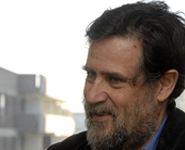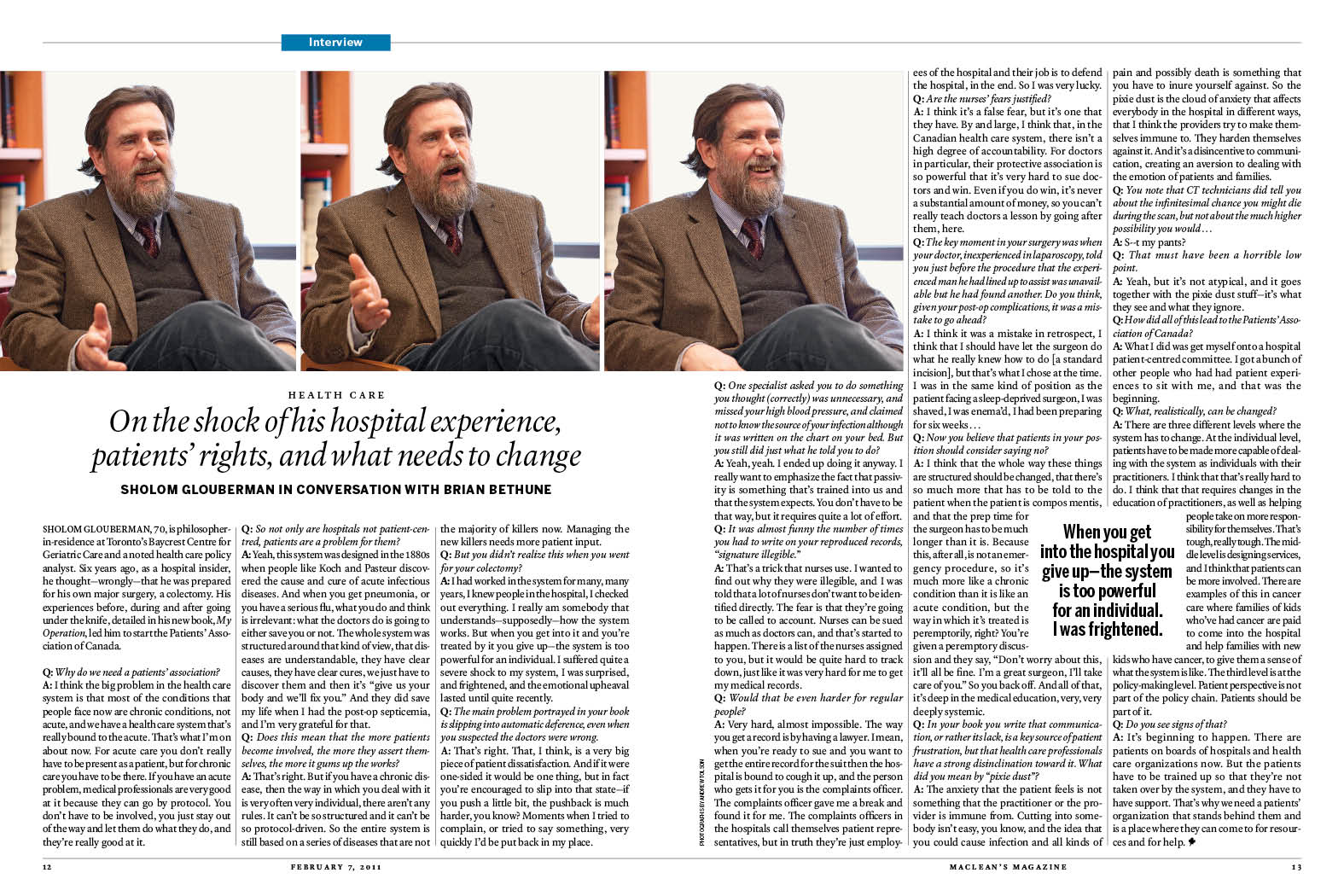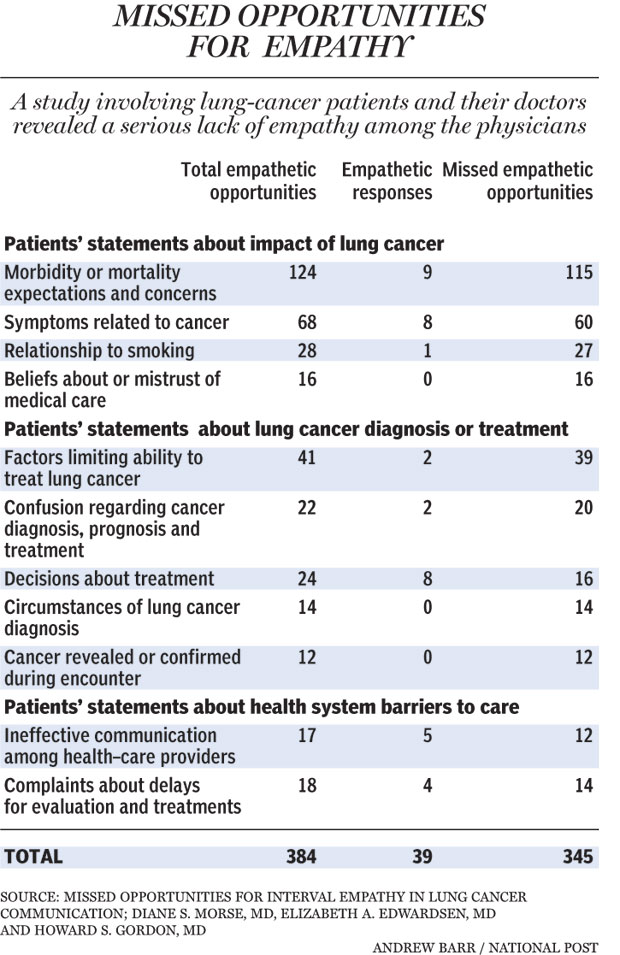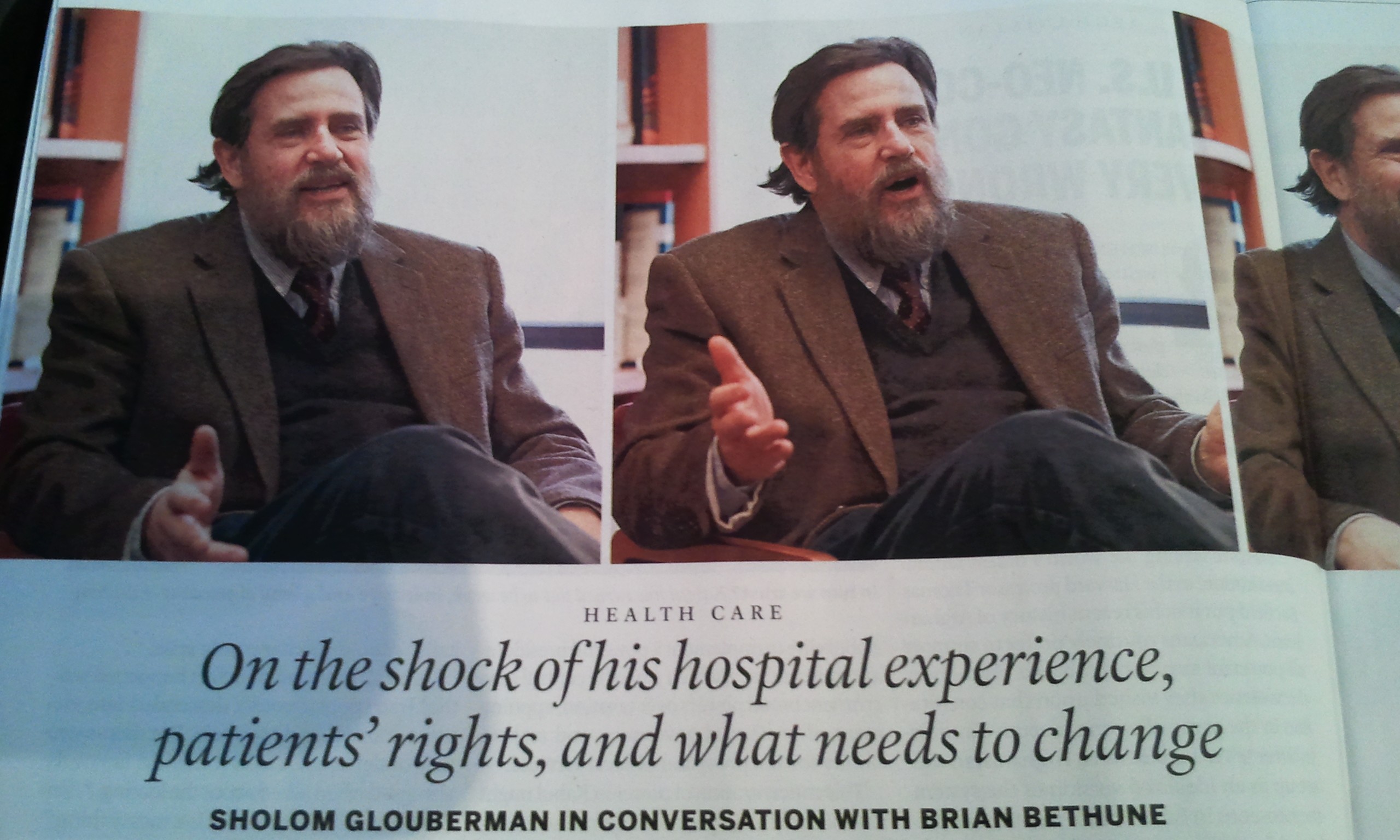Roseman: Why this Health Insider is Fighting the System
Sholom Glouberman had laparoscopic surgery to remove part of his large intestine after a polyp was found. His father had died young of colon cancer, a disease that runs in families and is preventable if caught early.
Luckily, his polyp was not cancerous. But he got an infection (septicemia) after surgery and could have died if his wife hadn’t rushed him back to the emergency department.
He describes his experience in a new book, My Operation: A Health Insider Becomes a Patient, which names the doctors and nurses who treated him at the Toronto General Hospital and reprints his medical records.
Glouberman, 70, is the philosopher in residence at the Baycrest Centre for Geriatric Care in Toronto. (I met him when he was my teaching assistant at McGill University’s philosophy department.)
A published expert who knows health care, he has great connections and thought he could stand up for his rights. He was wrong.






